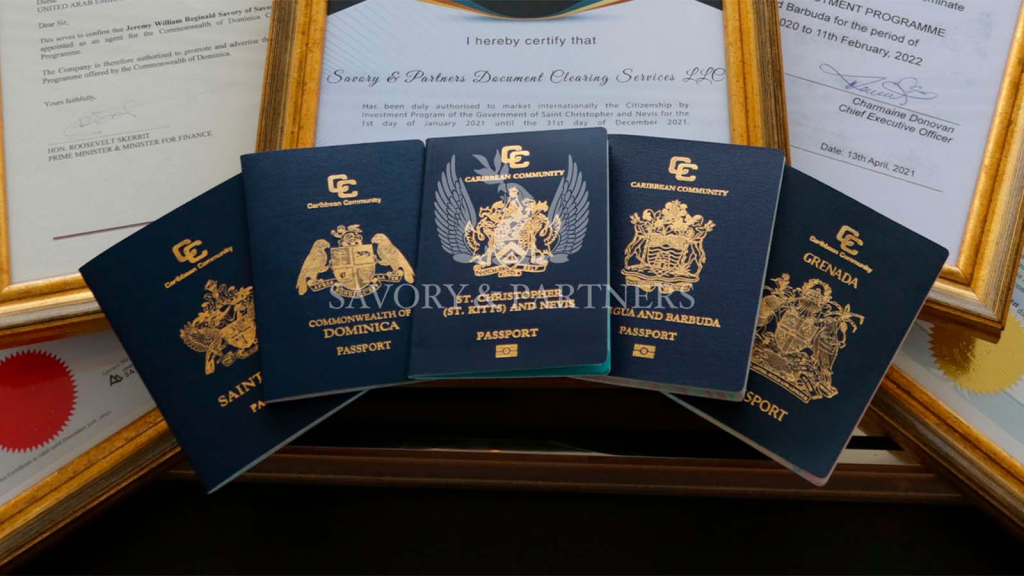Citizenship by expense (CBI) has surfaced as an exceptional and innovative idea which allows people to acquire a brand new nationality by building a substantial economic expense in a host country. That exercise has acquired popularity as a strategic pathway for anyone seeking to develop their worldwide freedom, accessibility improved options, or protected a Approach T for various particular or organization reasons. As the particulars can vary in one program to a different, the simple principle remains regular: investors contribute to the financial development of a nation in exchange for the benefit of citizenship.
Among the principal motivations behind citizenship by investment may be the desire for improved international mobility. Cases of another passport received through CBI applications enjoy the advantages of visa-free or visa-on-arrival access to a wide selection of countries. That newfound mobility is specially attracting business experts, repeated people, and these seeking to broaden their capabilities by exploring new options on a worldwide scale.
Citizenship by investment programs an average of offer a selection of investment possibilities, allowing individuals to choose a pathway that aligns using their economic capacity and objectives. Popular expense tracks contain building a direct factor to a national progress fund, investing in real estate jobs, launching a small business venture, or causing work creation initiatives. This mobility provides a varied pool of investors with various tastes and economic portfolios.
These programs are often seen as an ideal software for getting foreign strong expense (FDI) and stirring economic growth in host countries. The resources made through citizenship by expense donate to infrastructure growth, community companies, and different crucial facets of a nation’s economy. This symbiotic connection benefits both the investor, who gains citizenship rights, and the number state, which receives a increase in economic vitality.
Inspite of the numerous advantages, citizenship by investment is not without controversy. Authorities argue that it commodifies citizenship, possibly undermining the notion of nationality as a reflection of provided identity and frequent values. Additionally, problems about the potential misuse of the avenue for money laundering or other illicit activities have persuaded regulatory scrutiny, primary many nations to apply stringent due persistence techniques to guarantee the reliability of the CBI programs.
The moral implications of citizenship by investment really are a issue of continuous debate. Some notice it as the best suggests for individuals to gain access to options and improve their quality of life, while others contend that it creates a tiered process where citizenship is granted centered on economic volume as opposed to intrinsic qualities or commitments to the number country. Impressive a harmony between getting foreign investment and preserving the sanctity of citizenship stays difficult for nations offering CBI programs.
Investors participating in citizenship by expense usually contemplate factors beyond financial gains. The appeal of a safe and secure political atmosphere, good tax programs, and the prospect of potential earnings on expense are critical considerations. Some CBI Wealthy Expats also offer a sense of protection, giving a lifeline for persons residing in regions marked by geopolitical uncertainty or instability.

Because the landscape of global citizenship evolves, citizenship by expense probably will continue playing a prominent role. The interplay between economic considerations, geopolitical dynamics, and the moral dimensions of nationality increases complicated questions which will form the ongoing future of that practice. For investors, navigating the particulars of CBI programs involves careful consideration of specific situations, long-term targets, and the evolving regulatory landscape in order to produce informed and responsible decisions.
